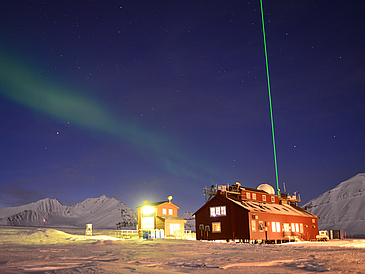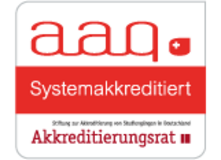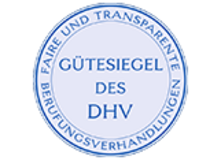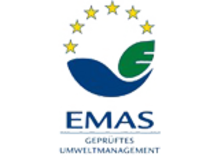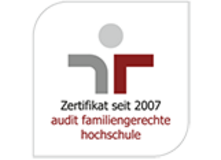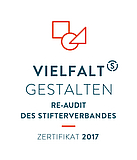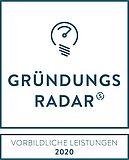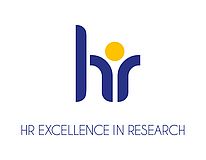The University of Leipzig is the leader of the CRC with the short name SFB/TR 172 (AC)3. Alongside the University of Bremen, the following institutes are also involved: Alfred Wegener Institute, Helmholtz Centre for Polar and Marine research (AWI) in Bremerhaven and Potsdam, the University of Cologne, and the Leibniz Institute for Tropospheric Research (TROPOS) in Leipzig.
“The extension of the CRC is a great recognition of the environment and climate research at the University of Bremen,” says Professor Justus Notholt. He is one of the two vice speakers of the research group and is involved in the CRC alongside Professor Monika Rhein and Professor John Philip Burrows (both from the University of Bremen).
The Institute of Environmental Physics (IUP) has been looking into the climate development in the Arctic for decades. Thanks to the CRC, which was established in 2016, the research on the Arctic was able to be extended both in Germany and internationally. “In the last four years in Bremen, we have taken big steps forward in terms of satellite and ground remote sensing of the atmosphere,” says Justus Notholt. The renewed funding will allow for ten scientist jobs at the University of Bremen to continue for the next four years.
Development of Model Reliability
The causes of the above average warming of the Arctic are based on diverse processes that have not been understood in their entirety to date. The research group observes the climate development and the involved processes in the Arctic over long periods using various methods. A number of satellite, airplane, ground station, and ship measurements are used alongside a number of model calculations. This is how the reliability of the models applied for the description of observed Arctic warming are tested and developed further.
Three Complex Measurements
“In the first phase, we mainly observed the local processes that significantly contribute to the explanation of the Arctic amplification phenomenon and successfully reproduced these with models,” says the meteorologist and Transregio CRC speaker Professor Manfred Wendisch from the University of Leipzig. The clouds play an important role in this. Three complex measuring campaigns were carried out in the Arctic. In the second phase, the investigations to date will be extended to the inner Arctic and the observation period will span a whole year, in order for seasonal differences to be quantified. The HALO research airplane and the polar airplanes Polar 5 and 6 will be used alongside the Polarstern icebreaker. These are part of the MOSAiC campaign, during which the Polarstern is frozen in the ice for 14 months. (AC)3 provides the most significant contribution from German universities to MOSAiC. “With regard to the second phase, we generally aim to better understand the interactions of various feedback mechanisms, which are assumed to be the cause of Arctic amplification,” according to Wendisch.
In the frame of the MOSAiC expedition there are currently scientists from 19 countries researching the Arctic over the course of the year. From fall 2019 until fall 2020, the German Polarstern icebreaker is frozen in the ice and is drifting through the Arctic Ocean. MOSAiC is being led by the Alfred Wegener Institute, Helmholtz Centre for Polar and Marine Research (AWI). In order for this unique project to be successful and for the most valuable data to be gained, over 70 institutes are working together in a research consortium. The MOSAiC budget is around 140 million euros.
Bremen Scientists Research Atmosphere, Sea Ice, Ocean, and Land Surface in the Arctic
The research group is made up of 21 partial projects. “At the University of Bremen, we are concentrating on optical remote sensing in the Arctic in the form of ground and satellite measurements. We are also focusing on the analysis of processes in the Arctic Ocean,” says CRC vice speaker Professor Justus Notholt. By doing this, the Bremen researchers wish to gain more precise knowledge about the see ice, the land surface, phytoplankton in the ocean, so-called aerosols, clouds, various trace gases in the atmosphere, and the influence of the ocean.
Further Information:
www.uni-bremen.de/en/
Contact:
Professor Justus Notholt
Institute for Environmental Physics (IUP)
Faculty of Physics/Electrical Engineering
University of Bremen
Phone: +49 421-218 62190
Email: notholtprotect me ?!uni-bremenprotect me ?!.de






